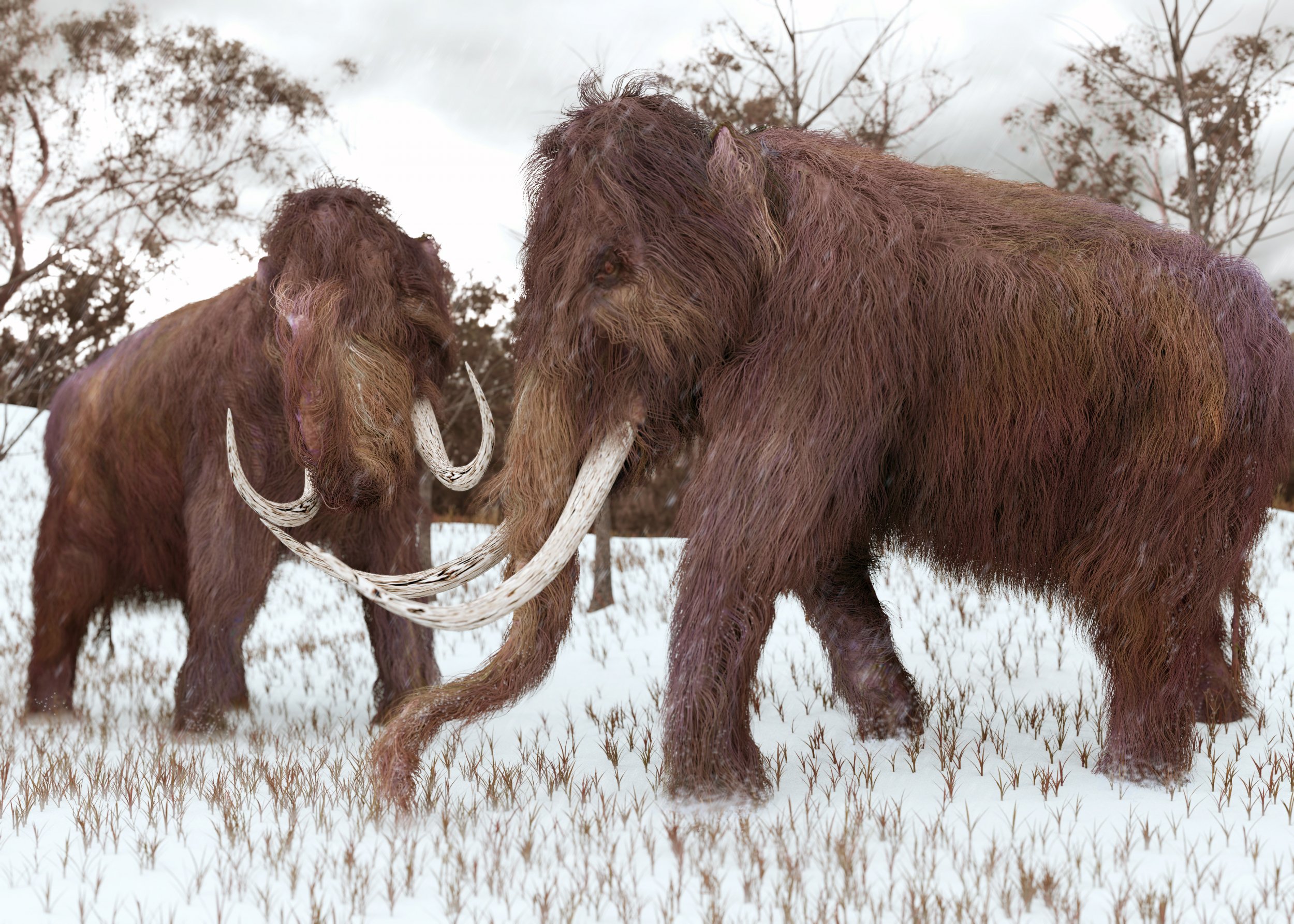
Utility crews working in Cape Coral, Florida, stumbled on a bone fragment from an ancient, elephant-sized beast when they were digging about 17 feet into the ground.
Experts think the foot-long bone fragment formed part of the upper forelimb of a mammoth or a mastodon, Fort Myers News-Press reported. These extinct creatures roamed our planet during the Ice Age which stretched from about 2.6 million to 12,000 years ago.
A woolly mammoth or mastodon bone was found during construction in the City's North 2 Utilities Extension Project (UEP). For more info: https://t.co/xPzq7fmU6P pic.twitter.com/15ilLsXYMS
— City of Cape Coral (@CapePIO) August 10, 2018
The bone fragment isn't distinctive enough for paleontologists to say which of the giant creatures it belonged to, Florida Museum of Natural History's Richard Hulbert told the publication. But either way, it was certainly an exciting discovery for the utility workers.
"[It's] not something we typically find while we're constructing utility, but we thought it'd be interesting to share," Kevin Higginson, Utilities Extension Project manager told News-Press.
The workers were excavating an area near the city's Chiquita Boulevard and Pine Island Road as part of a utilities extension project that aims to improve water, sewage and irrigation lines in Cape Coral.
Such fossils are not uncommon in Florida and many have been found near the state's Peace River, Hulbert told News-Press. "There have been hundreds of fossil sites found that we have from that area," he said. The sea level fluctuated numerous times during the Ice Age, he added, exposing land beyond today's coastline at various points. Scuba divers sometimes retrieve fossils, Hulbert said.
Cape Coral city manager John Szerlag said the city will donate the utility workers' find to Cape Coral Historical Society, News-Press reported.
"We now have the missing piece [of] our collection—we have documentation of what lived first in our area," Cape Coral Historical Society president Wendy Schroder told Newsweek. "It is our hope that it will attract fossil enthusiasts and that those enthusiasts just might learn a little about the unique history of Cape Coral while they are visiting [our] Museum."
Mastodon and mammoth fossils are found all over the globe. The creatures lived on Earth during the Pleistocene Epoch, also known as the Ice Age. Most of the animals are thought to have died out as the planet warmed about 12,000 years ago.
A lone population of woolly mammoths is thought to have outlasted their kin by thousands of years, finally dying out on an Arctic island about 3,700 years ago. Researchers reported last year in the journal PLOS Genetics that the strange, solitary creatures likely faced a "genomic meltdown." They developed mutations that led to unusual vulnerabilities like a satiny coat instead of the thick, insulating fur you'd expect to see on a woolly mammoth.
"By the end, the Wrangel Island mammoths were genetically screwed," UC Santa Cruz scientist Beth Shapiro told Science last year. "Understanding how that happened might help us figure out which species today are most at risk of the same thing happening."
This article has been updated to include comment from Wendy Schroder.
Uncommon Knowledge
Newsweek is committed to challenging conventional wisdom and finding connections in the search for common ground.
Newsweek is committed to challenging conventional wisdom and finding connections in the search for common ground.
About the writer
Katherine Hignett is a reporter based in London. She currently covers current affairs, health and science. Prior to joining Newsweek ... Read more
To read how Newsweek uses AI as a newsroom tool, Click here.








